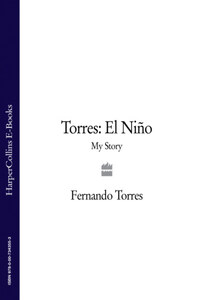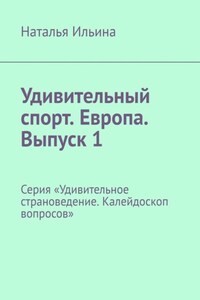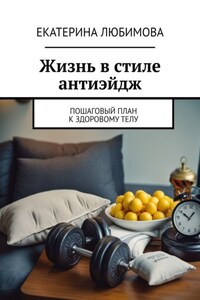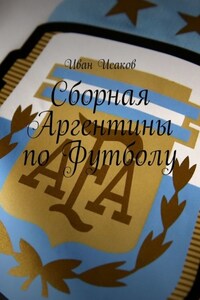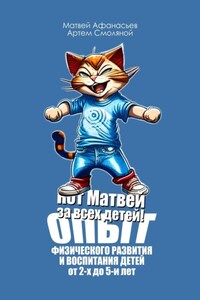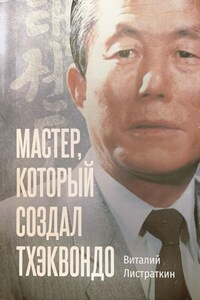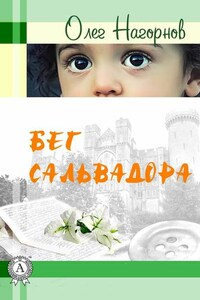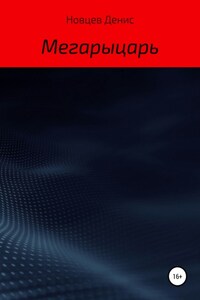It happened in San Sebastián, in northern Spain, when I was playing for Atlético Madrid against Real Sociedad. I was battling with a defender, and the captain’s armband I was wearing came loose and fell open. As it hung from my arm, you could see the message written on the inside, in English.
We’ll never Walk Alone.
It wasn’t what I had intended but right there and then I became identified with Liverpool. I hadn’t planned for it, and a future at Anfield hadn’t even crossed my mind, but that moment of chance, that accident, came to symbolise the next big step in my career: my captaincy at Atlético gave way to the words that define Liverpool.
All of my best friends have the words tattooed on their arms. We were eating together once and they suggested that I do the same. I told them I couldn’t. ‘You’ll Never Walk Alone’ is a phrase so intimately linked to one of Europe’s biggest clubs, so clearly associated with Liverpool, that I didn’t think it was a good idea. I was an Atlético player and a rojiblanco through and through. They decided to give me a new captain’s armband for my birthday with the phrase on the inside so that, even if I wouldn’t get it tattooed on my arm, the phrase would accompany me. My friends would accompany me; we would never walk alone. I gave the armband to the Atlético kit man, who kept it with the team’s shirts. When it slipped down that day against Sociedad, an eagle eyed photographer snapped the picture and I was immediately linked to Liverpool.
Maybe that was the day I took my first step towards Anfield, or maybe it was because I already shared things with Liverpool. I identify with the values that define the club: hard work, struggle, humility, sacrifice, effort, tenacity, commitment, togetherness, unity, faith, the permanent desire to improve, to overcome all obstacles…Once a week Liverpool fans feel like the most important people on earth and make the players feel like it too. They give everything and they ask for nothing in return. Liverpool FC is a club that despite being used to winning never succumbs to the temptation to start cruising. If you play well the fans enjoy it, and if you play badly they help you get over it. The Liverpool family have helped me off the pitch too. It’s as if you live in a neighbourhood where everyone knows you and everyone joins forces for the same cause: the team. Good people, honourable people, who have always got back on their feet however many times destiny has knocked them down. The harder things have been, the more united they have become.
I never imagined I would play for Liverpool. The first rumours about my future started just after I’d played in the Nike Cup in Italy at the age of fifteen. That was May 1999 and the newspaper Marca started to link me to Arsenal. The only thing I was worried about then was passing my exams and enjoying my summer holiday in Galicia. But the Premier League bug did bite. A couple of years later, just after I had made my debut for the Atlético first team, there was talk about Manchester United. Back then, Liverpool wasn’t an option at all but other clubs were. A scout from Arsenal even contacted me and gave me his card in case I wanted to have a trial with the Gunners.
My interest in the Premier League grew. In Spain, most people only ever talked about La Liga. At the time there was little coverage of foreign leagues and few Spanish players were playing their club football outside the country. That was the time, in the late 1990s, when Arsenal built a great side with Dennis Bergkamp, Ian Wright, David Seaman, Tony Adams, Nicolas Anelka and a very young Thierry Henry, with ArsÈne Wenger as coach. They were wonderful to watch. So much so that I used to choose Arsenal when I played chapas—the Spanish equivalent of table football played with bottle tops. You would play against friends with metal bottle tops that you painted in the colours of your favourite team; I’d painted mine Arsenal colours with the players’ names on. We would challenge each other to games at school and in the parks in Fuenlabrada, the town just outside Madrid where I lived. When José Antonio Reyes signed for them, I followed with interest: I kept a close eye on his progress, his team-mates, and his new club.
I had always been interested in foreign leagues as a kid. I followed the Italian league as much as possible because I loved the way that the Argentinians Gabriel Batistuta and Abel Balbo played. I also liked a kid that was coming through by the name of Francesco Totti. Before that I remember Arrigo Sacchi’s Milan, van Basten in particular, and later I followed Juventus with Alessandro Del Piero, Gianluca Vialli and Fabrizio Ravanelli. Then there was George Weah at Milan, a phenomenal player. My favourite in Italy was always Batistuta. He had everything. But my idol at home was Kiko Narváez—one of the heroes of the league and cup double that Atlético won in 1996.
